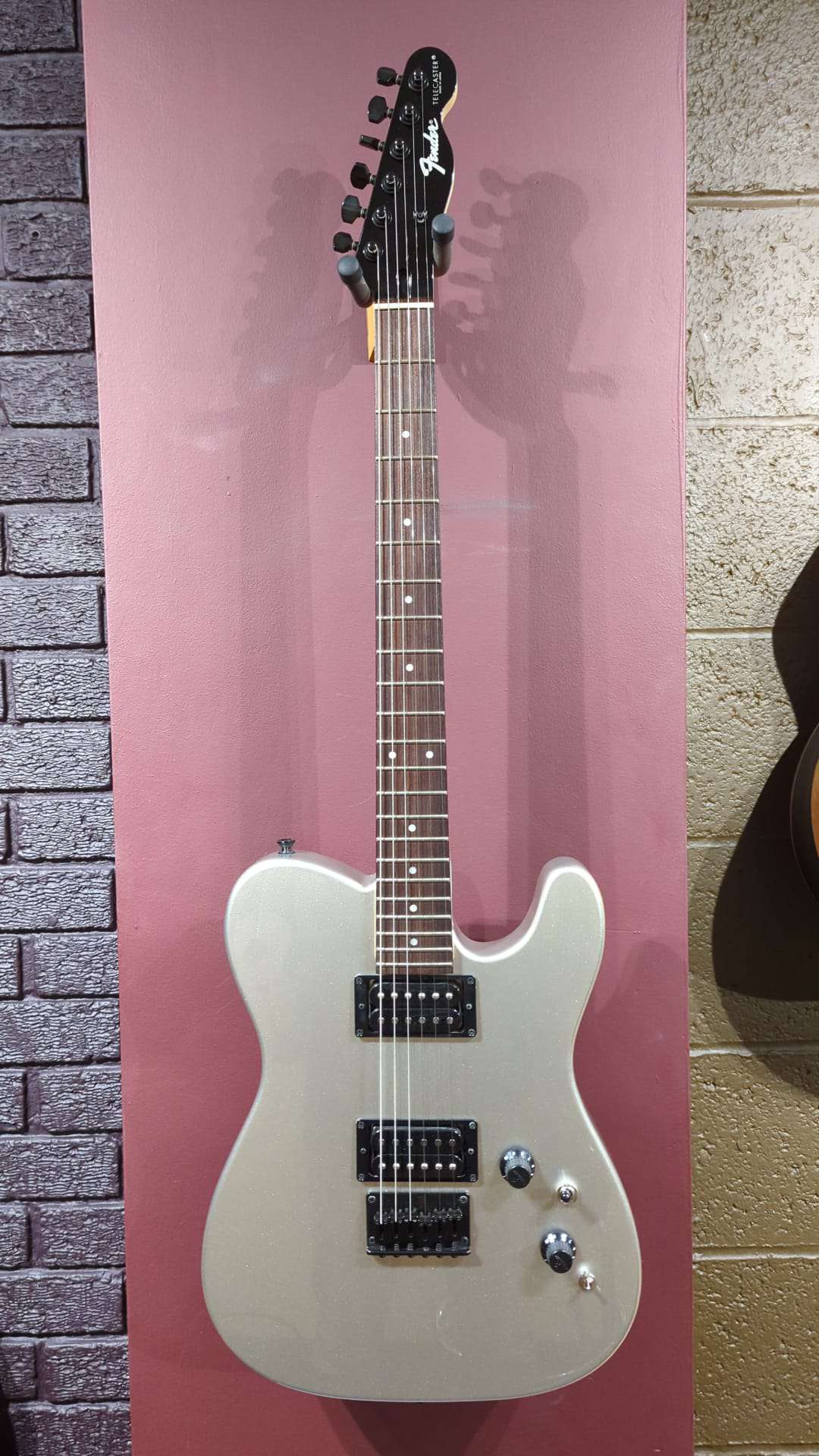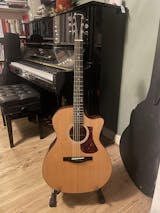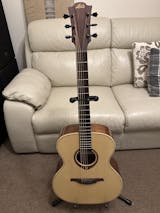
When Was The Guitar Invented?
The guitar, a timeless musical instrument, has a captivating history that dates back centuries. In this exploration, we delve into the origins of the guitar, addressing the common query: when was the guitar invented? This journey through time unfolds the evolution of the guitar and its influential role in shaping diverse musical genres.
Discovering the Birth of the Guitar:
To answer the question "when was the guitar invented," we must venture into ancient civilizations where the guitar's precursor, the lute, made its debut around 2000 BCE in Mesopotamia. The lute's journey spanned across continents, evolving into various forms and setting the stage for the emergence of the guitar.
The Transformation into the Modern Guitar:
The guitar, as we recognize it today, took shape in 16th-century Spain. With the addition of a sixth string and a standardized tuning system, the guitar began to depart from its predecessors. Antonio Torres, a renowned Spanish luthier in the 19th century, played a pivotal role in refining the instrument's design, introducing innovations that enhanced its sound and playability.
The Popularity Surge:
Now that we've explored when the guitar was invented, let's shift our focus to its rise in popularity across different musical genres.
-
Classical Guitar: The classical guitar, known for its nylon strings and intricate fingerpicking techniques, found prominence in classical music. Maestros like Francisco Tárrega and Andrés Segovia elevated the guitar's status, showcasing its expressive capabilities in classical compositions.
-
Jazz and Blues: In the early 20th century, the guitar took center stage in jazz and blues. Pioneers like Charlie Christian and B.B. King pushed boundaries with innovations like electric amplification, transforming the guitar into a dynamic and expressive instrument.
-
Rock 'n' Roll: The electric guitar became a symbol of rebellion in the rock 'n' roll era, with icons like Chuck Berry, Jimi Hendrix, and Eric Clapton introducing techniques like distortion and feedback that defined the sound of a generation.
-
Folk and Acoustic Revival: The guitar played a pivotal role in the folk music revival of the 1960s. Artists like Bob Dylan and Joan Baez used acoustic guitars to convey powerful messages, contributing to the social and political movements of the time.
Conclusion:
The guitar's journey, from its ancient roots to modern prominence, has shaped the landscape of music. By answering the question of when the guitar was invented, we unveil a narrative of evolution and innovation that continues to resonate across various genres. As the guitar remains a symbol of musical versatility, its timeless appeal ensures its enduring place in the ever-evolving world of music.

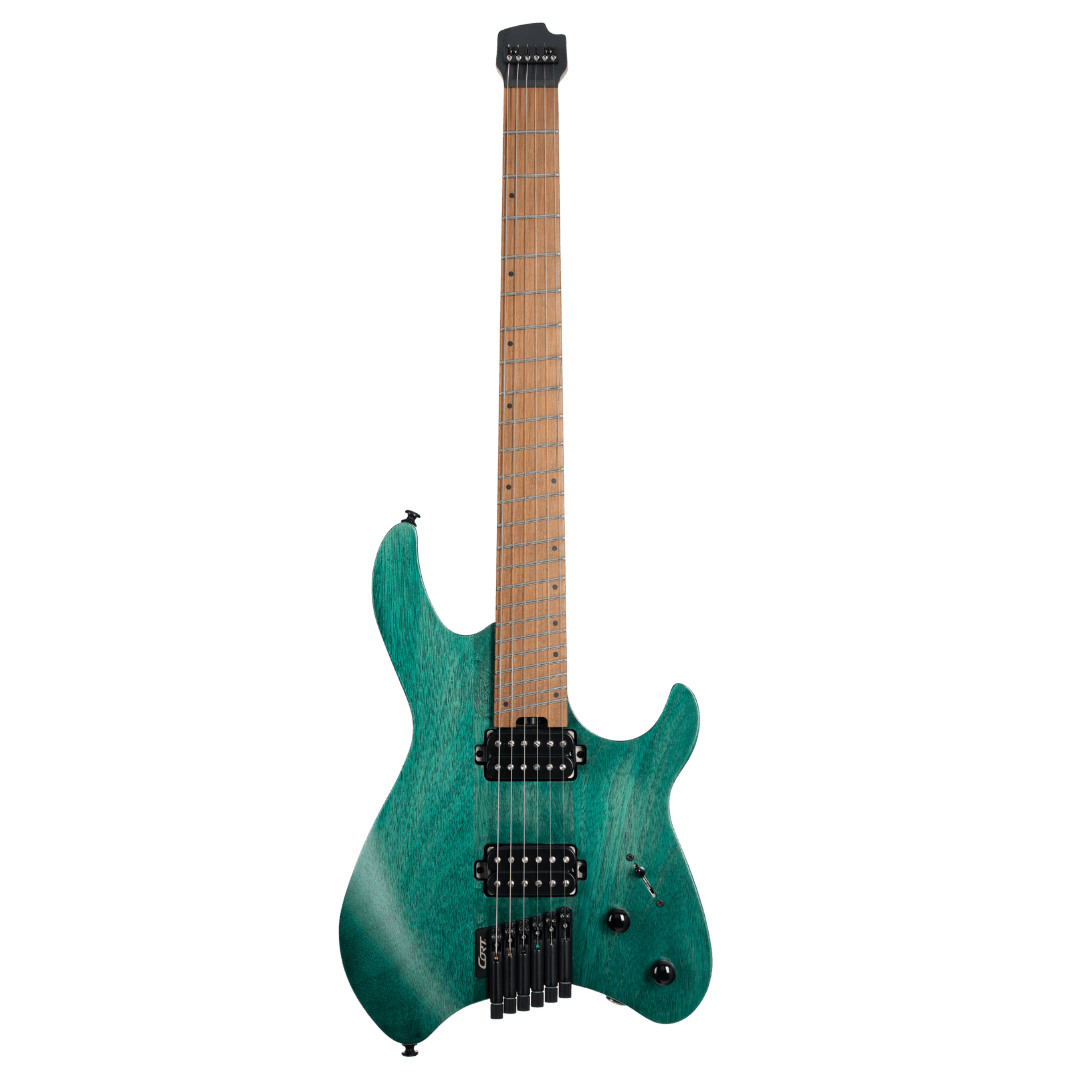
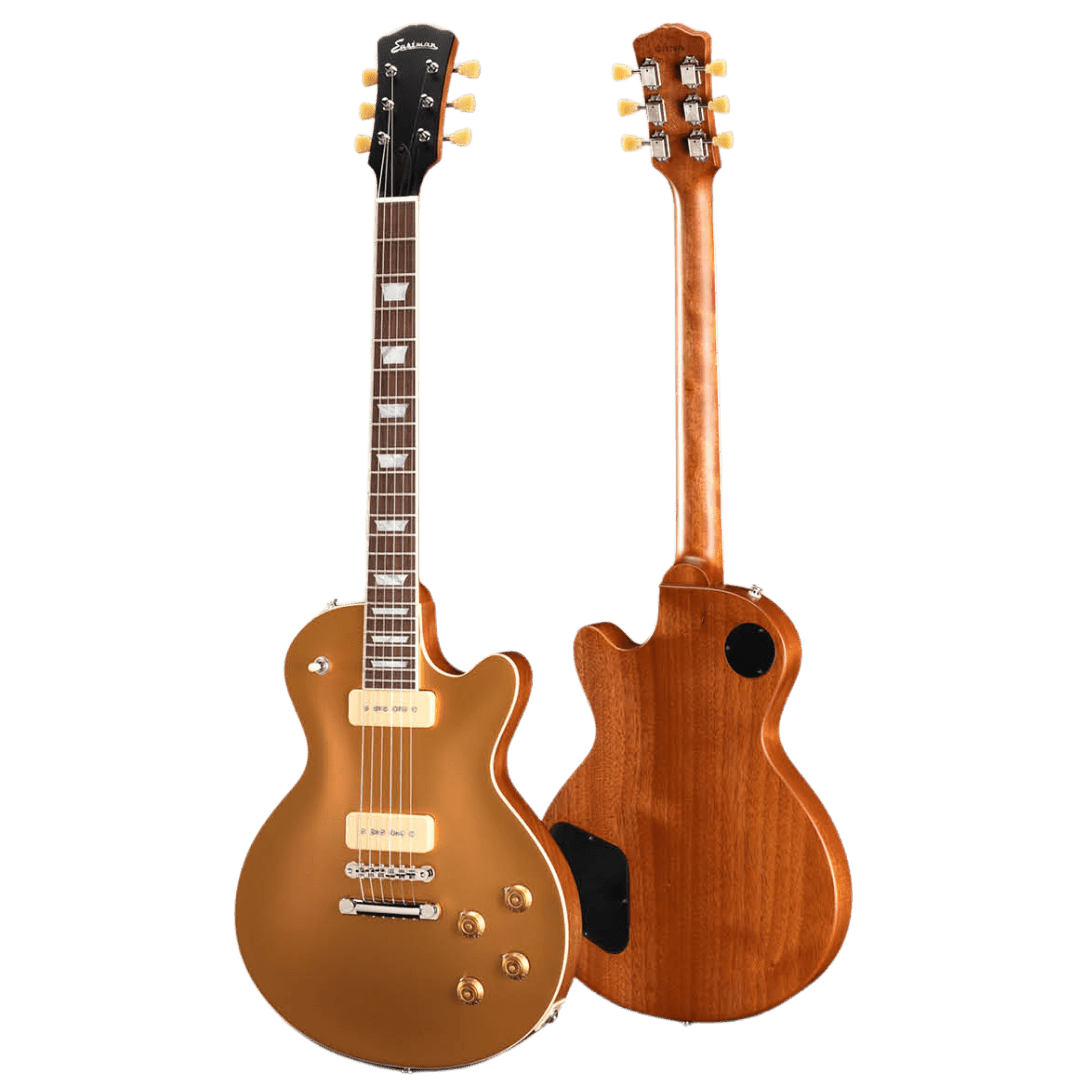
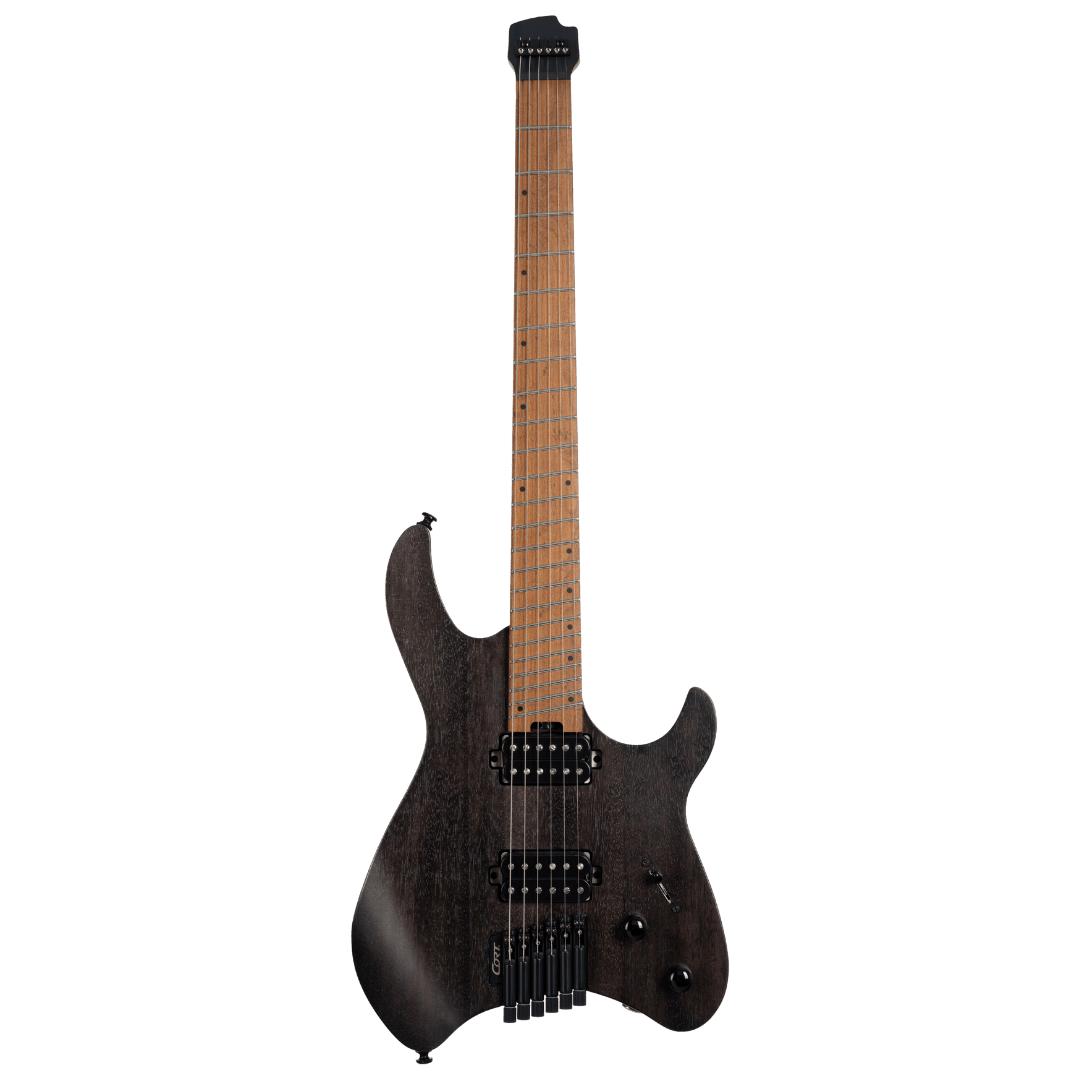
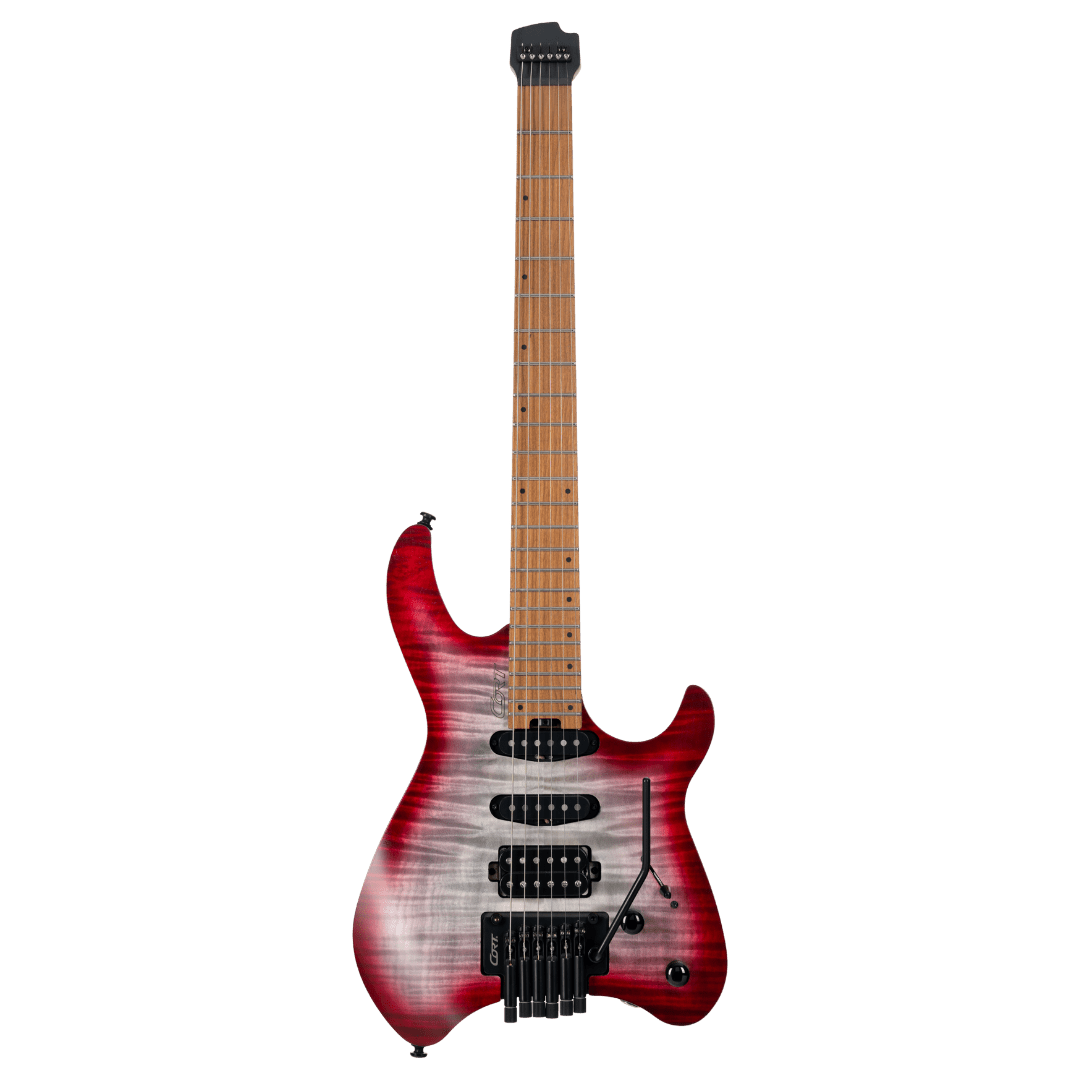



![Gordon Smith GS2 Deluxe Export 2019 [used] A1 Condition - Richards Guitars Of Stratford Upon Avon](http://rguitars.co.uk/cdn/shop/files/gordon-smith-gs2-deluxe-export-2019-used-a1-condition-4323398.jpg?v=1766153718&width=1072)
![Gordon Smith GS2 Deluxe Export 2019 [used] A1 Condition - Richards Guitars Of Stratford Upon Avon](http://rguitars.co.uk/cdn/shop/files/gordon-smith-gs2-deluxe-export-2019-used-a1-condition-9502671.jpg?v=1766153718&width=899)
![G&L USA Made ASAT - late 80s/early 90s [Used] - Richards Guitars Of Stratford Upon Avon](http://rguitars.co.uk/cdn/shop/files/gl-usa-made-asat-late-80searly-90s-used-1091932.jpg?v=1761670676&width=1378)
![G&L USA Made ASAT - late 80s/early 90s [Used] - Richards Guitars Of Stratford Upon Avon](http://rguitars.co.uk/cdn/shop/files/gl-usa-made-asat-late-80searly-90s-used-7964817.jpg?v=1761670677&width=1828)
![Eastman AC630 - SB [Used] - Richards Guitars Of Stratford Upon Avon](http://rguitars.co.uk/cdn/shop/files/eastman-ac630-sb-used-5743157.jpg?v=1760421581&width=1080)
![Eastman AC630 - SB [Used] - Richards Guitars Of Stratford Upon Avon](http://rguitars.co.uk/cdn/shop/files/eastman-ac630-sb-used-2967411.jpg?v=1760421593&width=1569)
![Fender American Standard Telecaster 2012 - Natural [Used] guitar for sale uk](http://rguitars.co.uk/cdn/shop/files/fender-american-standard-telecaster-2012-natural-used-4379607.jpg?v=1760421498&width=1614)
![Fender American Standard Telecaster 2012 - Natural [Used] guitar for sale uk](http://rguitars.co.uk/cdn/shop/files/fender-american-standard-telecaster-2012-natural-used-1429240.jpg?v=1760421497&width=1512)
![Fender American Professional II Jazzmaster - Dark Night [Used] guitar for sale uk](http://rguitars.co.uk/cdn/shop/files/fender-american-professional-ii-jazzmaster-dark-night-used-6840250.jpg?v=1760421430&width=1602)
![Fender American Professional II Jazzmaster - Dark Night [Used] guitar for sale uk](http://rguitars.co.uk/cdn/shop/files/fender-american-professional-ii-jazzmaster-dark-night-used-4375294.jpg?v=1760421432&width=1476)
![Guild Brian May "Red Special" Limited Edition - early 90s - One of 1000 [Used] guitar for sale uk](http://rguitars.co.uk/cdn/shop/files/guild-brian-may-red-special-limited-edition-early-90s-one-of-1000-used-6139630.jpg?v=1760421357&width=1492)
![Guild Brian May "Red Special" Limited Edition - early 90s - One of 1000 [Used] guitar for sale uk](http://rguitars.co.uk/cdn/shop/files/guild-brian-may-red-special-limited-edition-early-90s-one-of-1000-used-9797150.jpg?v=1760421365&width=1644)
